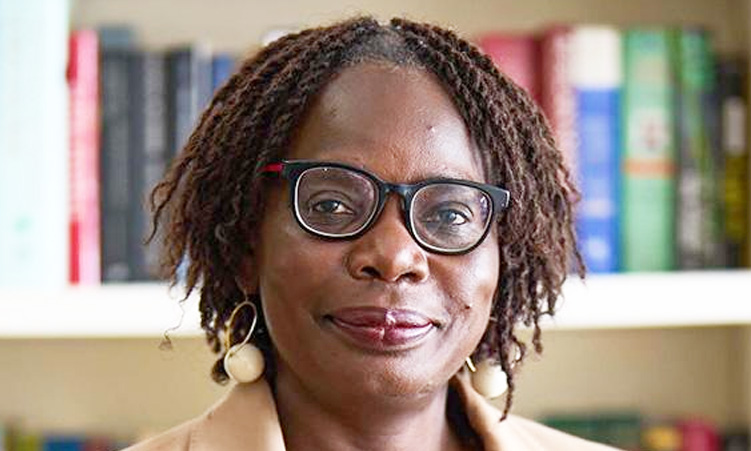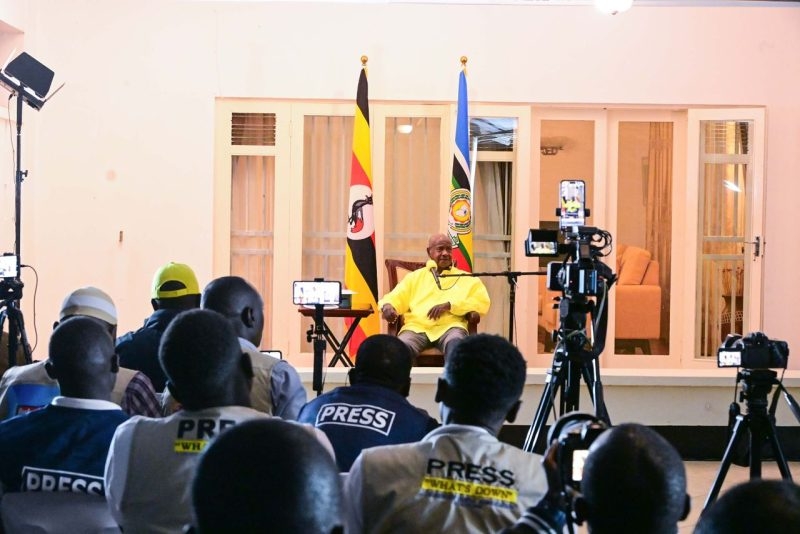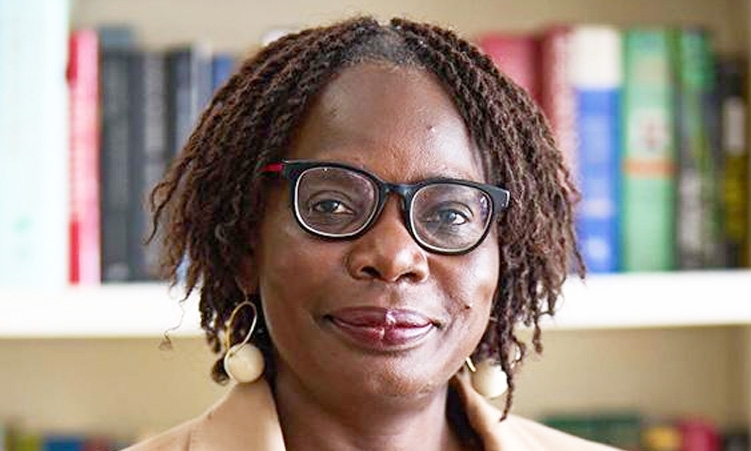
Kenya has yet again made a significant step on the international stage after Prof Phoebe Okowa was unanimously elected as a judge to the International Court of Justice (ICJ).
After four rounds of voting, Prof Phoebe Okowa has been duly elected by both the UNGA and UN Security Council as a judge of the International Court of Justice (ICJ).
She defeated three other candidates.
According to Foreign Affairs PS Korir Sing'oei the victory demonstrates confidence in Prof. Okowa’s judicial competence and Kenya’s standing.
"I commend our New York and Geneva teams for leading the charge," Ps Sing'oei said.
The seasoned international law scholar secured the required majority in the fourth round of voting in the UNGA and the third round in the Security Council, defeating three other candidates vying to fill the vacant seat left by Somali Judge Abdulqawi Ahmed Yusuf.
Judge Yusuf’s resignation, effective September 30, 2025, created the opening on the 15-member bench of the ICJ, which sits in The Hague, Netherlands. Okowa received 106 votes out of 185 in the UN General Assembly, surpassing the 97-vote majority threshold, and garnered eight out of 15 votes in the Security Council, the minimum required to clinch the position.
HOW IT STARTED
The Permanent Mission of Kenya informed Djibouti, as the coordinator of the Eastern African Sub-region on candidatures of the nominations in a letter dated February 27.
The nomination of Okowa, according to the letter, has been made by the Kenya National Group to the Permanent Court of Arbitration (PCA).
"Kenya is convinced that Okowa is competent and well qualified to contribute to the work of the ICJ," the letter reads in part.
Kenya then formally requested Djibouti to circulate the nomination to the African Group to ensure broad regional support.
The nomination of Okowa followed the recent bid by Kenya for the African Union Commission (AUC) chairperson seat.
Former Prime Minister Raila Odinga lost the election to Djibouti's Mohamoud Youssuf.
WHO IS PROF PHOEBE OKOWA?
Prof Okowa is a lawyer and professor of Public International Law and Director of Graduate Studies at Queen Mary University of London.
In 2021, she was elected to the International Law Commission for a period of five years, starting January 1, 2023, becoming the first African woman to serve as a member of the Commission.
In 2016, she was appointed a Member of the Permanent Court of Arbitration at The Hague by Kenya.
An advocate of the High Court of Kenya, she has acted as counsel and consultant to governments and non-governmental organisations on questions of international law before domestic and international courts including the ICJ.
Kenya nominated her for election to the UN International Law Commission (ILC) in May 2021.
She was co-nominated by the United Kingdom and endorsed by the African Union.
Okowa received 162 votes in the United Nations General Assembly. ILC is a body of experts responsible for helping develop and codify international law.
Under the ILC Statute, its members “shall be persons of recognised competence in international law.”
It is composed of 34 individuals who are elected by the United Nations General Assembly for a five year term.
Okowa was born in Kericho on January 1, 1965.
She graduated at the top of her class with a Bachelor of Law (LLB) with First Class Honours from the University of Nairobi in 1987.
Okowa was the first woman to be awarded a first-class honours degree in the history of the Faculty of Law of the University of Nairobi.
She was called to the Kenyan Bar as an advocate in 1990.
Okowa then studied at Wadham College, Oxford, on a Foreign and Commonwealth Office Scholarship, obtaining the degree of Bachelor of Civil Law (BCL) in 1990.
She completed her doctoral thesis (D.Phil.) at Oxford in 1994 under the supervision of Professor Sir Ian Brownlie, the Chichele Professor of International Law.

















